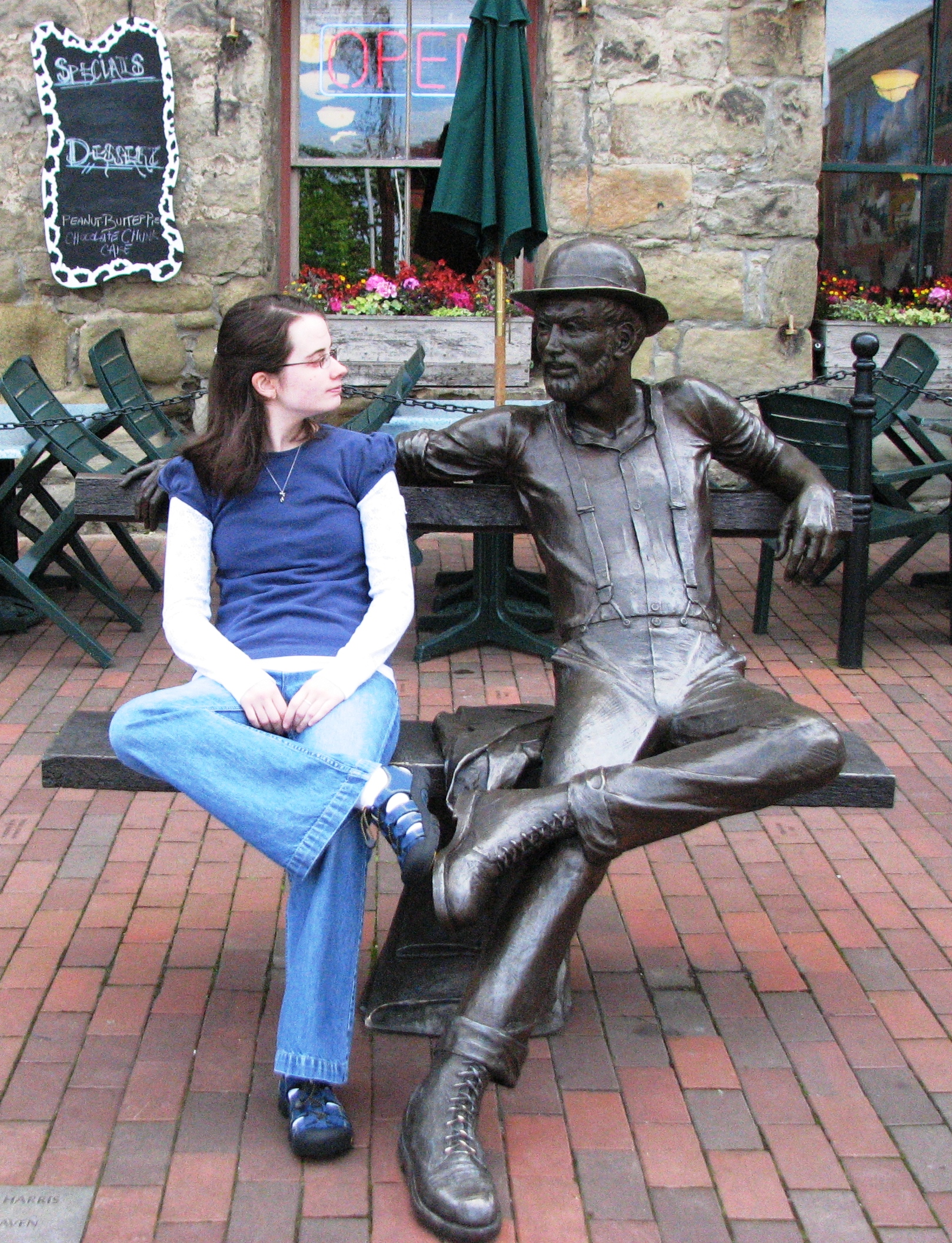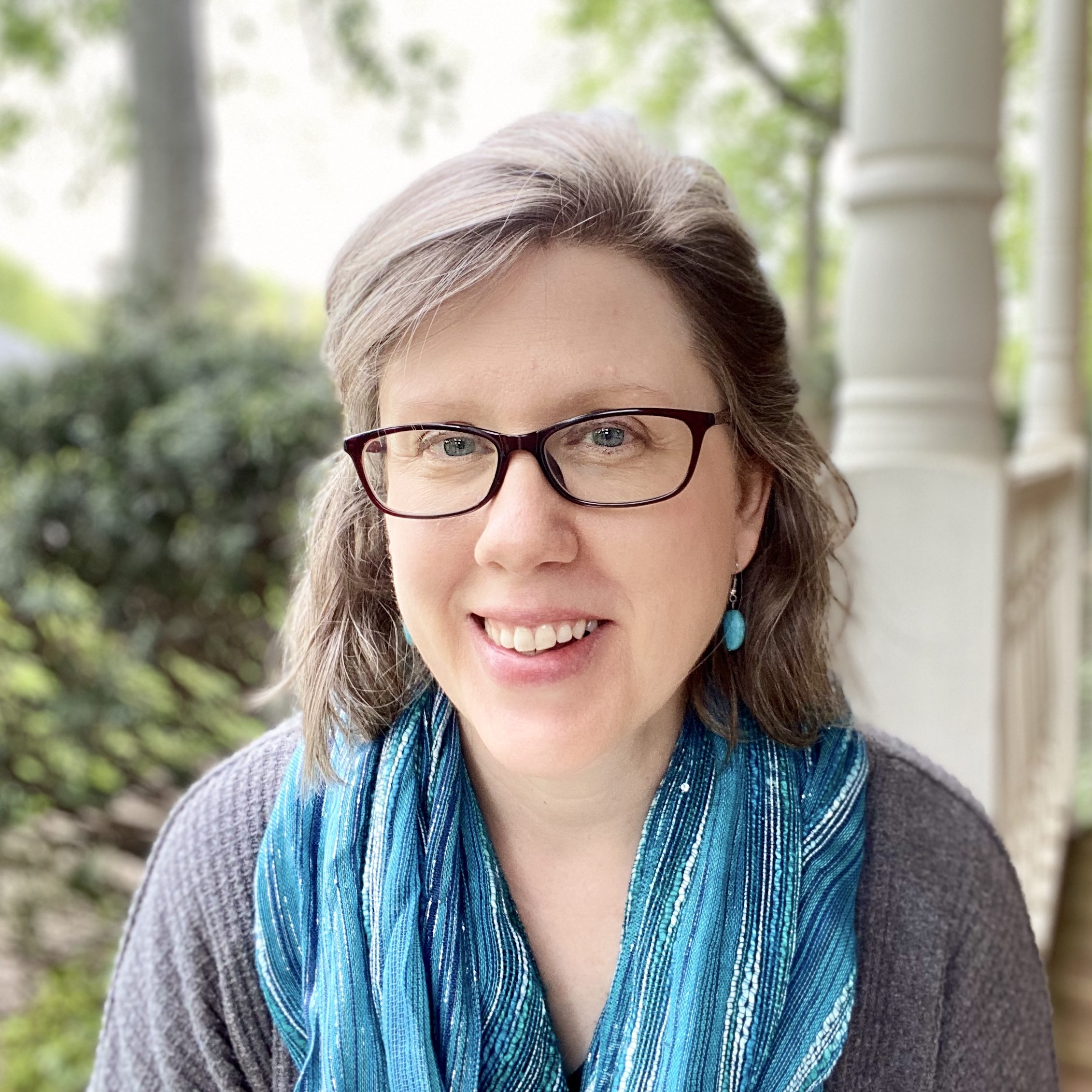
Make a resolution to get closer to some art this year. Here, Kelsey Wells shares a bit of time and space with Dirty Dan, a Fairhaven, Washington resident.
Our Lady has recently received a couple of pieces of mail that she wishes everyone would read and think about for the new year, right before they take some time to listen to someone else’s point of view, learn something new from another culture, or make some art themselves.
The first is from Arts Tennessee, a quarterly newsletter of the Tennessee Arts Commission. In his “From the Desk of the Executive Director” article, Rich Boyd shares part of a recent address to the Chattanooga Rotarians on the value of public art. Part of what he says is:
Where there was once a sense of trust in America, we now live in a country that unfortunately asks us to look at our fellow human being with hostility and suspicion, and to be wary and suspicious of people who may not look like us…
And then, there are the arts. What the arts do, what they have always done… is to invite people to come together in a spirit of generosity and curiosity, and to look at ourselves and those around us with interest and explore the things that divide us as we celebrate the things that bring us together…
Public art matters because it questions the way we look at the world; because it offers different explanations of the world we live in. A nation, a state, or a city without art would be an entity that stopped talking to itself, stopped asking questions, and stopped dreaming. It would have lost interest in the past and lacked curiosity about the future.
Read his full article on page 2 of the newsletter at http://www.arts.state.tn.us/artsTN/artstnfallwinter2009.pdf
The second is from a speech to the National Press Club by Jim Leach of the National Endowment for the Humanities. In that speech, Leach says
Far better it would be for all legislators to consider themselves responsible for governing and for both sides to recognize that the other has something to say and contribute. In a society as complicated as ours has become, it is irrational to think that Republicans cannot find some Democratic initiatives helpful to society and that Democrats cannot from time to time vote with Republicans…
How we lead or fail to lead in an interdependent world will be directly related to how we comprehend our own history, values, and diversity of experiences, and how deeply we come to understand and respect other peoples and societies. Citizenship is hard. It takes a willingness to listen, watch, read, and think in ways that allow the imagination to put one person in the shoes of another.
Read the full speech at http://www.neh.gov/whoweare/speeches/11202009.html
Here’s to 2010, and the power of art to build communities!

Speak Your Mind